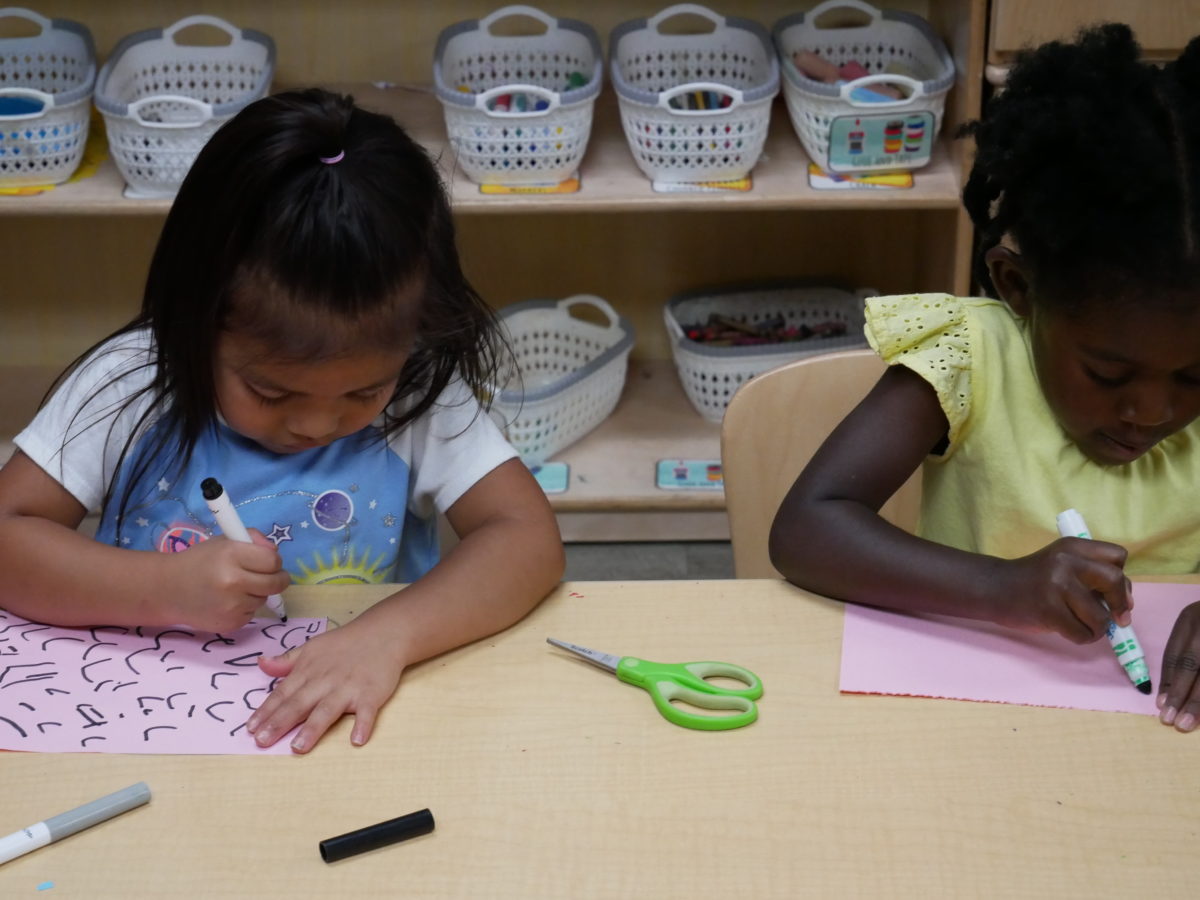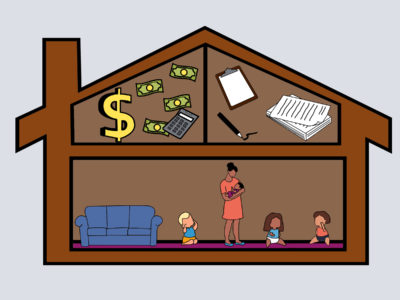
Will North Carolina let the pandemic-produced public health and economic crises go to waste? Or can the state not only respond to immediate emergencies but also look ahead and prepare for changing times?
The Kenan Institute of Private Enterprise at UNC-Chapel Hill has identified seven forces reshaping the economy amid a global pandemic, along with opportunities for North Carolina. Among the seven is the “upending of education and childcare.”
“With many students now schooling from home, working parents will have to balance their own work responsibilities with supervising and instructing their children,” says the Kenan report. “Additionally, many families are experiencing financial challenges created by the economic downturn and mass unemployment. This nearly impossible balancing act will have some short- and medium-term impacts on the labor market at large — and the shock could cause long-standing implications for the career trajectories of women, who shoulder much of the childcare responsibilities.”
Two pieces of in-the-community journalism, published this week, help frame the economic imperative and educational benefits of the nation and state responding to the crises with a renewed burst of creative action to enrich early childhood.
From a visit to Polk County Schools, Mebane Rash, EducationNC’s editor-in-chief, reported on the success of a rural county of 20,700 people in southwestern North Carolina in offering pre-K in each of its nine elementary schools. She posted a video interview with Superintendent Aaron Greene who said that “universal pre-K” could be a “game-changer for the entire state.”
Polk Central Elementary Principal Jan Crump told Rash that the academic success of many students stems from their experiences in well-run pre-kindergarten. “When a second grade teacher experiences success with a student, I feel like that started in our preschool program,” said Crump.
In Mecklenburg County, population 1.1 million, the Charlotte Ledger business newsletter reports that the pandemic’s disruption of the urban child care network imperils “a vital part of the region’s economic recovery.” The Mecklenburg economy relies heavily on parents who work — and the economic engines of its major metropolitan regions drive North Carolina’s vitality.
The Ledger’s assessment comes from extensive reporting on child care by Ely Portillo, assistant director of the UNC-Charlotte Urban Institute. “Enrollment is down,” Portillo reports. “Costs are up. The latest round of (government) aid will run out soon, and nobody knows when more is coming. Although only a small number of local child care centers have closed permanently, many are struggling, and state and local officials warn more closures could be on the way this winter.”
Portillo points to the dual dynamic of high-quality child care: an “economic necessity” for parents with jobs and an educational accelerator for young children. He quotes Kristen Idacavage, director of a local child care facility, as saying, “We’re brain builders.”
Good for kids. Good for parents who work. Good for business. Good for Polk County, which President Trump carried with 62% of the votes, and for Mecklenburg County, where President-elect Joe Biden won 66%. Could it be that a fresh early childhood initiative would span partisanship polarization and the urban-rural divide?
Realistically, given the revenue loss from the economic downturn, the next big moves will require federal action, still uncertain in today’s fractious politics. Biden supports a second emergency stimulus package, which could include another round of child care and pre-K assistance. Beyond that, he advocates universal pre-K for 3- and 4-year-olds as well as an $8,000 family tax credit for child care.
At issue in North Carolina is whether the state can muster the political will to become again a national leader in addressing early childhood needs, as it did in the 1990s in launching Smart Start and in the 2000s in providing pre-K for at-risk 4-year-olds. Yes, the immediate crises demand attention, but it would waste the crises not to seize the opportunity to prepare to meet the post-pandemic future.




